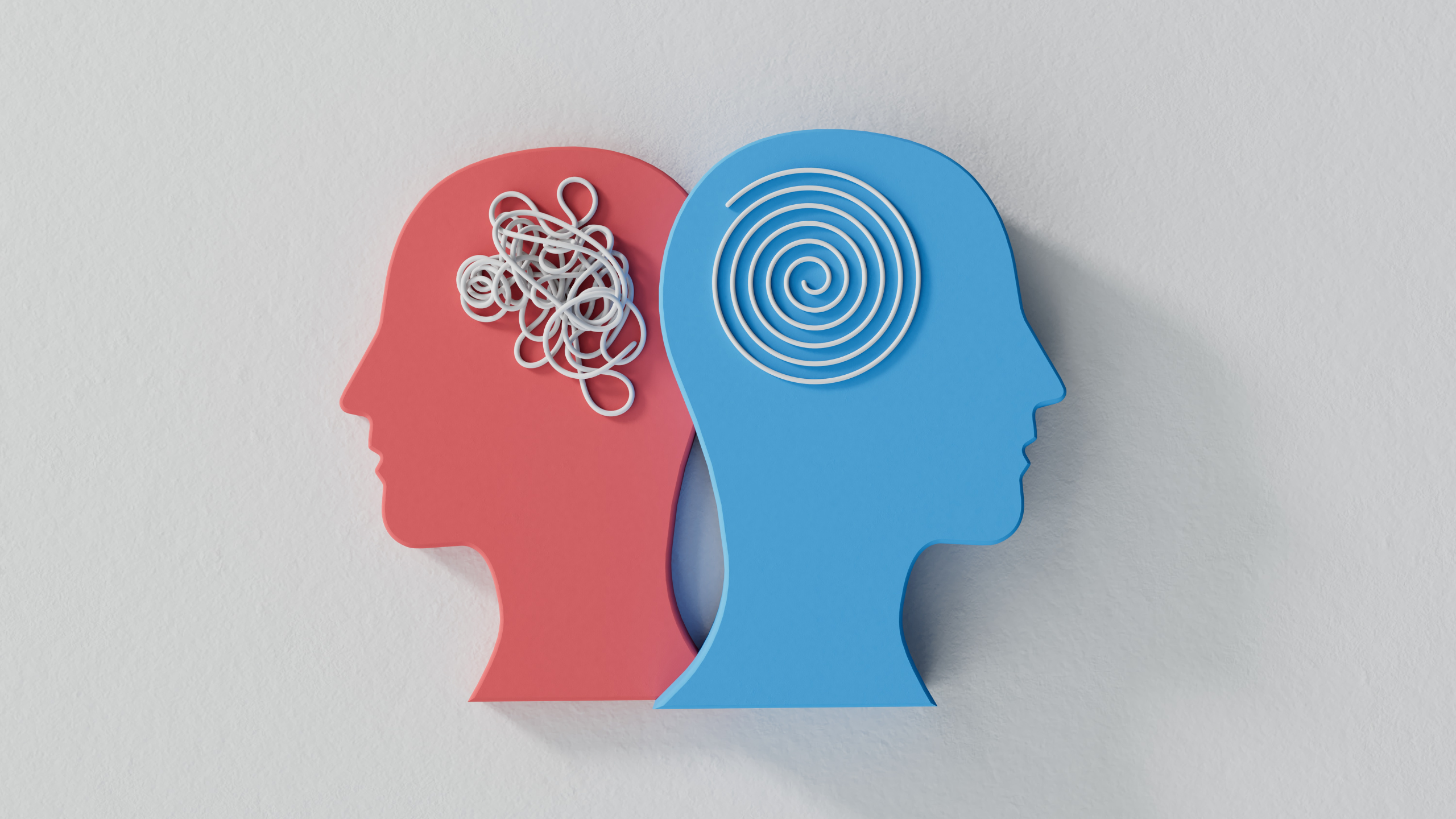When we think about the importance of sleep, we often focus on how it affects our mood, energy levels, and cognitive function. However, recent research has unveiled a fascinating aspect of sleep that goes beyond mere rest: the brain’s waste removal system, known as the glymphatic system, operates most effectively at night.
This blog will explore what the glymphatic system is, why it matters, and how it underscores the critical importance of a good night’s sleep for brain health.
What is the Glymphatic System?
The glymphatic system serves as the brain’s “garbage collection” and “rubbish removal” service. It functions similarly to the lymphatic system found throughout the rest of the body, but with a unique twist: it utilises cerebrospinal fluid (CSF) to flush out toxins and debris that accumulate during the day. This system is particularly active during sleep, when the brain undergoes a remarkable transformation.
How Does It Work?
While we sleep, our brains are busy collecting and removing metabolic waste. One of the primary benefits of sleep is its role in supporting better brain health. The glymphatic system efficiently removes waste products such as oxidised fats, denatured proteins, and metabolic by-products—substances that can be harmful if left in the central nervous system (CNS).
A significant study conducted in 2019 by researchers including Cai et al. examined the function of the glymphatic system in awake and sleeping animals. They found that waste clearance was most effective during sleep, highlighting the system’s dependence on our circadian rhythms. The study revealed that glymphatic activity peaks during the dark phase of the diurnal cycle, potentially linked to the release of neuro-regulatory hormones like melatonin.
The Importance of Sleep for Brain Health
The glymphatic system’s efficiency underscores the vital role that sleep plays in maintaining brain health. Here are some key points to consider:
1. Toxin Clearance
The brain produces various waste products throughout the day, including metabolic byproducts and proteins. The glymphatic system helps clear these substances, reducing the risk of neurodegenerative diseases such as Alzheimer’s and Parkinson’s.
2. Cognitive Function
A well-functioning glymphatic system contributes to better cognitive performance. The 2019 study indicated that specific brain regions, particularly along the occipital cerebrum (responsible for visual processing and memory formation), exhibited the highest glymphatic activity. In contrast, areas such as the midbrain, which are involved in motor control and alertness, showed lower activity. This suggests that effective waste clearance is crucial for maintaining cognitive health.
3. Emotional Well-being
Quality sleep is linked to emotional regulation. Poor sleep can lead to increased stress and anxiety, which can further impact cognitive function and overall brain health.
The Consequences of Sleep Deprivation
With the glymphatic system being most active during sleep, it’s no surprise that lack of sleep can have dire consequences. Chronic sleep deprivation can lead to:
- Increased Toxicity: A buildup of harmful proteins in the brain, which may contribute to neurodegenerative diseases.
- Impaired Cognitive Function: Difficulty concentrating, memory lapses, and decreased problem-solving abilities.
- Mood Disorders: Heightened feelings of anxiety and depression, affecting overall mental health.
Tips for Improving Sleep Quality
To ensure your glymphatic system operates at peak efficiency, consider implementing the following strategies for better sleep:
1. Establish a Sleep Routine
Go to bed and wake up at the same time every day, even on weekends, to regulate your body’s internal clock.
2. Create a Sleep-Friendly Environment
Make your bedroom a sanctuary for sleep: keep it dark, cool, and quiet. Consider using blackout curtains and white noise machines if necessary.
3. Limit Screen Time Before Bed
The blue light emitted by screens can interfere with melatonin production. Aim to turn off electronic devices at least an hour before bedtime.
4. Practice Relaxation Techniques
Engage in calming activities before bed, such as reading, meditation, or gentle yoga, to help signal to your body that it’s time to wind down.
5. Watch Your Diet
Avoid heavy meals, caffeine, and alcohol close to bedtime, as they can disrupt sleep quality.
The glymphatic system is a remarkable feature of our brains, working tirelessly while we sleep to keep us healthy and functioning optimally. Understanding its role in waste removal emphasises the importance of prioritising sleep in our busy lives. By adopting healthy sleep habits, we can support our brain’s natural cleaning processes, enhance our cognitive function, and promote overall well-being.
As practitioners, it is crucial to emphasise the need for adequate, good-quality sleep to support long-term neurological health. So, the next time you settle down for a good night’s sleep, remember: your brain is hard at work, ensuring that you wake up refreshed and ready to take on the day!
For further reading, check out the study by Cai et al. here.











